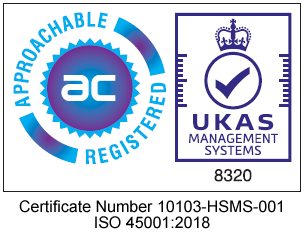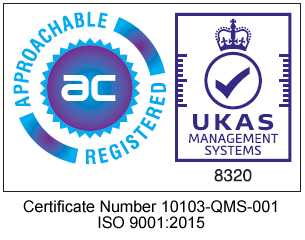Product Certification
Getting help with your Product Certification
What Is Product Certification?
Product certification is proof that a specific product meets all rules or requirements specified in a
contract or by a private, public, or international organization. This proof also shows that the various
quality control and performance tests were passed. Most marketplaces demand product
certifications to promote, showcase, and sell a specific product. A certification or conformity mark is a useful indicator of a product’s certification. The mark normally appears on a product’s reverse. Once you do, you may look for the certification type and the requirements a product must meet.
The Significance Of Product Certification
A product’s certification informs industries and customers that it is secure for use or purchase. It creates certainty and faith that a product works as intended, which may lead to client satisfaction. Consider the situation of a parent shopping for a present for their child. If a toy or electronic equipment has a certification, you could be more inclined to buy it than if it doesn’t.
Benefits Of Product Certification
• The Product Certification demonstrates how the design process is infused with learning
research.
• The product certification provides a competitive advantage.
• Teams have the chance to internalize product values and priorities through the Product
Certification process.
Types Of Product Certification
Product certifications apply to many different types of companies and industries. Therefore, testing
and certification of a product is the responsibility of numerous agencies. In addition, depending on
domestic or foreign restrictions, the certification requirements may differ. Seven different product
certifications are listed below:
Contact Us!
Acumen Concept Services are an established company aiming to provide clients with a service that
improves their business which will enable them to grow. If you would like to improve your business
and implement Product Certification in your company, contact us today!


